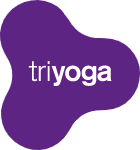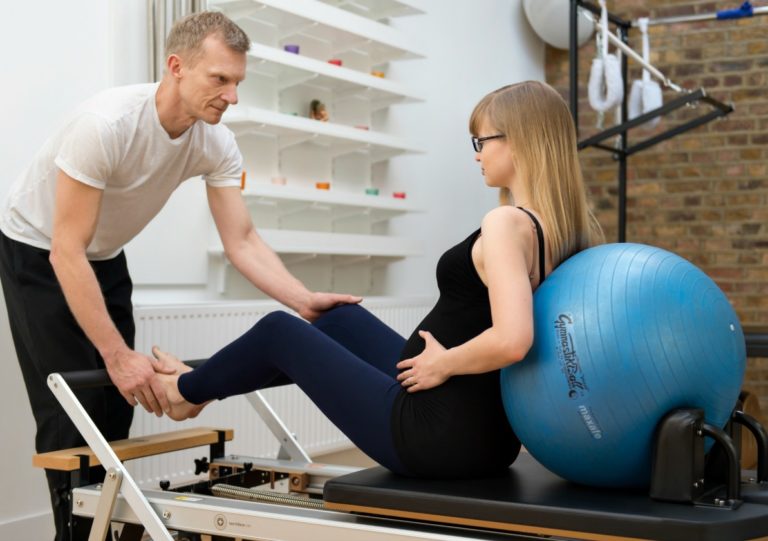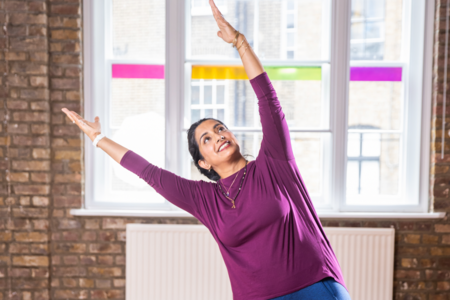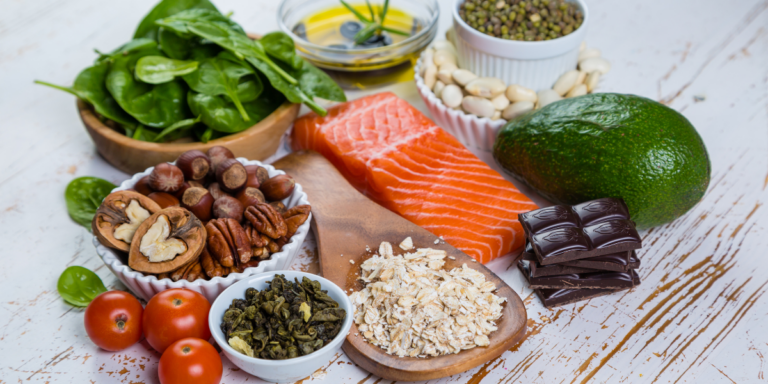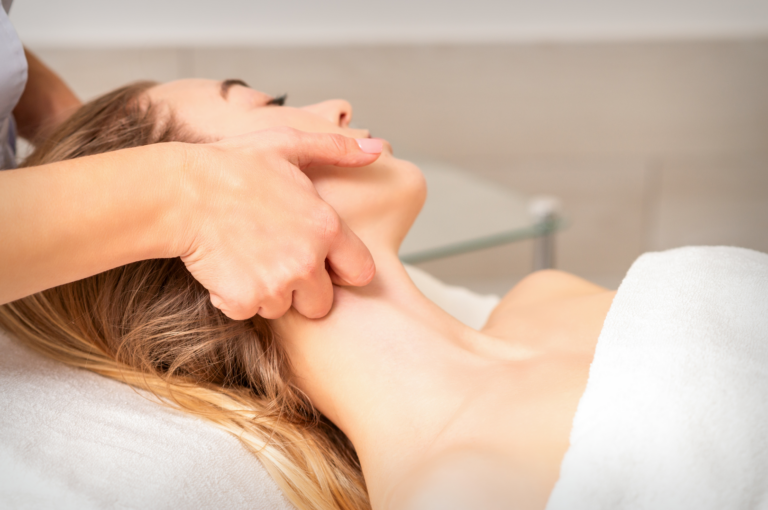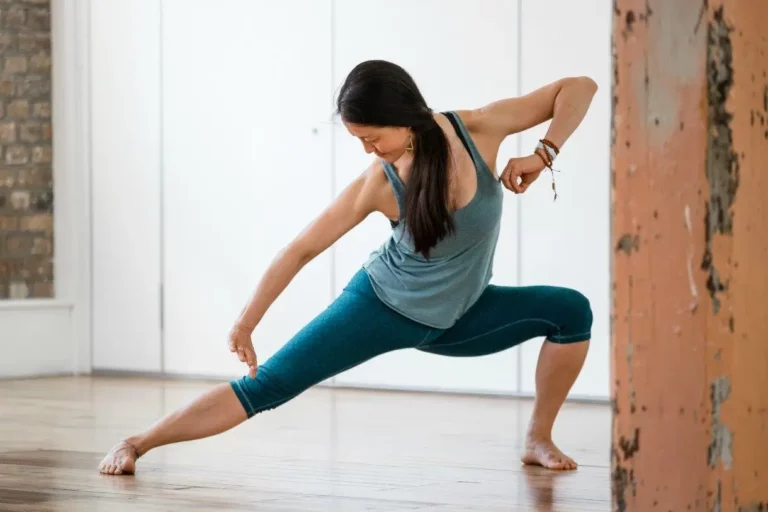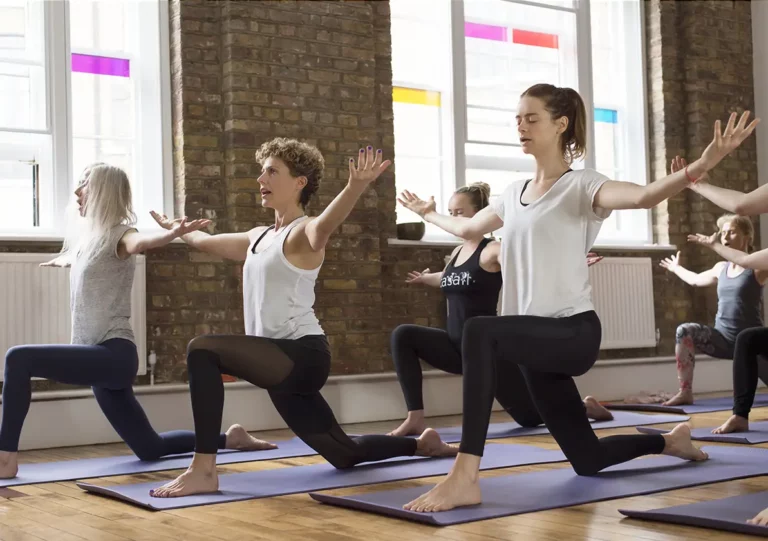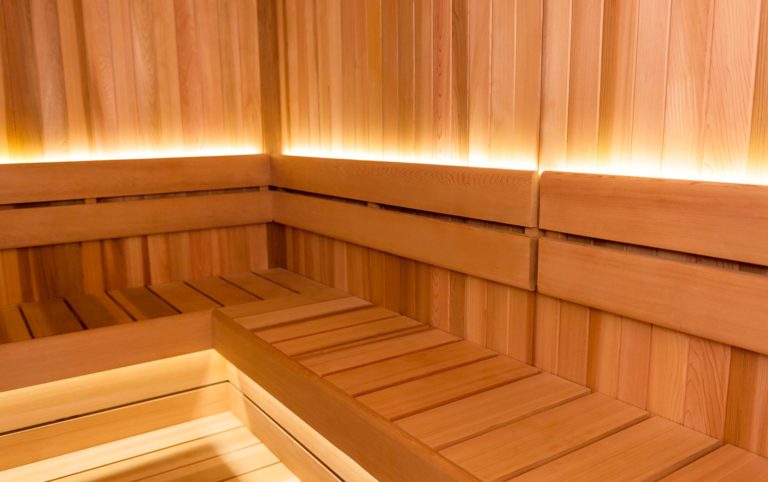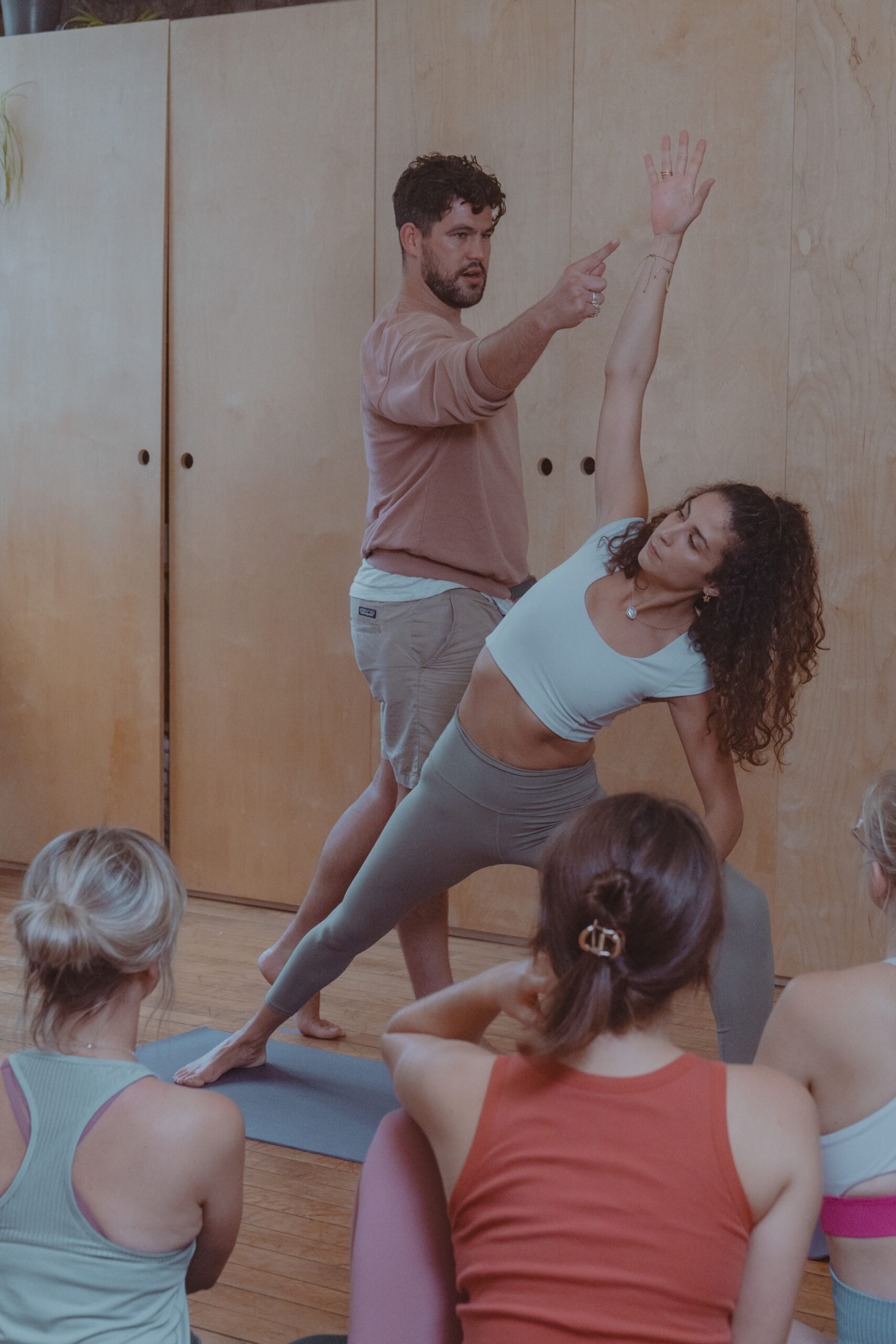Whether this is your first pregnancy or your third, whether you are a marathon runner or someone that has always loathed exercise, each pregnancy is unique and different and your body and mind are about to undertake an exciting and incredibly intense 9-month long journey.
If you have been cleared to exercise by your doctor, Pilates has long been considered one of the best forms of exercise to support you during pregnancy. Pilates is low impact and therefore kinder on your joints. It increases flexibility and balance and strengthens your pelvic floor and deep postural muscles to support the changes your body is going through.
Pilates is based on 6 principles: centering, concentration, control, precision, breath and flow. Those principles make Pilates the perfect form of exercise to make your body and mind better equipped for the 9 months ahead, as well as for birth and the postnatal period.
Back pain and pelvic girdle pain are very common in pregnancy, particularly in the last trimester. The pelvis and lower spine instability can be caused by several factors including:
- Weight gain placing more pressure on the spine and pelvis
- Postural changes due to your centre of gravity shifting forward
- Hormonal changes making your ligaments looser in preparation for giving birth
Pilates exercises are designed to strengthen the core and deep muscles of the pelvis that provide stability to those loose joints. More stability can reduce discomfort and make those joints less prone to injury. As a result, movement becomes smoother and easier.
The use of breath in Pilates is integral to the discipline, and the ability to focus on breathing is extremely important in both pregnancy and birth. In pregnancy, breathing can be helpful in coping with pain and discomfort and can also provide you with much needed grounding and centering at a time of deep emotional change. During labour, breathing can help the mother stay more relaxed and in control when experiencing pain and can increase oxygen to both herself and the baby.
Pilates strengthens the pelvic floor muscles that play a fundamental role in giving birth. In your lesson you can learn how to connect to, contract and release your pelvic floor. A strong pelvic floor in pregnancy is fundamental for a quick postnatal recovery and in helping you avoid stress incontinence after birth. The ability to actively release the pelvic floor is equally important as the release of those muscles makes it easier for the baby to move down the birth canal during the second stage of labour.
It is estimated that at least 60% of pregnant women suffer from some degree of diastasis recti (abdominal separation). Postnatally, Pilates can be fundamental in helping the abdominal muscles knit back, by strengthening the deepest layers of pelvic floor and transverse abdominis first before targeting the more superficial rectus abdominis and obliques.
In pregnancy, as well as postnatally, hormonal and postural changes can also place a huge amount of strain on lower limbs and feet as well as on upper back and shoulders. Pilates can safely strengthen and mobilise those areas by the use of very targeted exercises and get rid of pain and discomfort as a result.
How to get started?
If you are completely new to the discipline, it is recommended you get started in your second trimester after your first scan has taken place in week 12 – 14 of pregnancy. It may be more beneficial for you to join a pregnancy only mat class or a Pilates apparatus studio class where you can work privately or in small groups of 4 and the class is targeted to your individual needs.
After week 16 of pregnancy, it is contraindicated to lie down on your back for long periods as this may inhibit blood flow to the placenta. At this stage, even though you may be an experienced Pilates practitioner, you may also want to consider switching to a pregnancy only mat class or join an apparatus studio class.
After birth, you can start taking classes again after your 6-week postnatal medical check if you had a vaginal delivery, or 12-week check is you had a C-section.
Ultimately Pilates is a great mind-body form of exercise for all stages of life. By strengthening your deep muscles, aligning and stretching your body whilst focusing on your breathing, Pilates can certainly become another tool at your disposal to make your pregnancy a little smoother and get your body ready for birth and in the best possible shape for a quick postnatal recovery.
